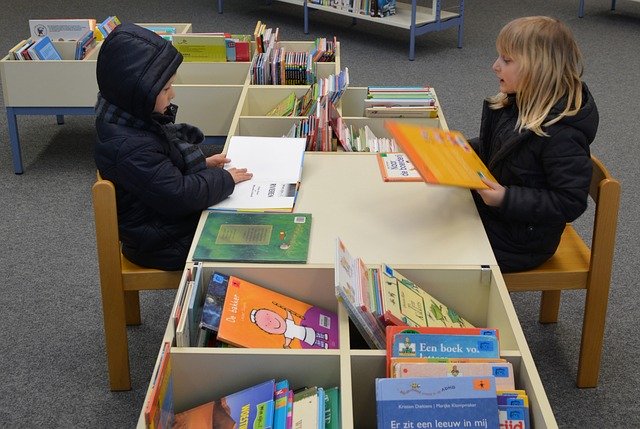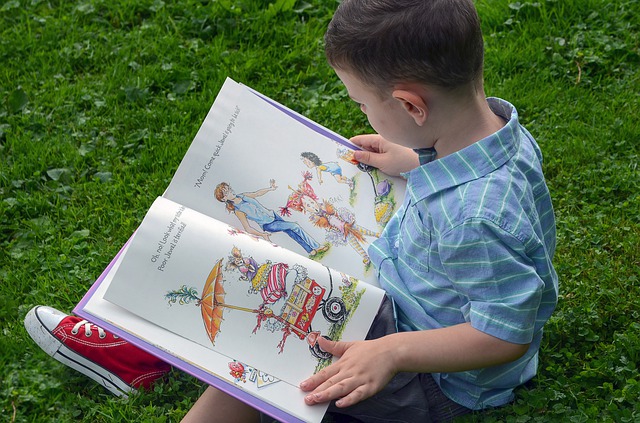It was the face more than anything else–the face that got up on Monday looking sad and pinched. It wasn’t the stomachaches at first; it was that face. Caitlin had always been in constant happy motion. The best hugger, the best climber, the most loving and thoughtful little girl. Now that happy face was sad from Monday to Friday every week. She was in first grade. Now she is about to turn 30. She has been married for two years to a wonderful young man, she has her doctorate in Physical Therapy, and she IS a working physical therapist. She decided that she wanted to be a PT when she…
-
-
The Master of Learning
In 2000 the National Reading Panel (NRP) published their findings—a thorough piece of research on the issues of reading instruction in the USA. The findings are interesting reading, and of course, twenty years later, the changes that the panel recommended have been never been fully implemented. The Panel recommended Phonics, Fluency, Phonemic Awareness, and Comprehension as essential elements. Most reading programs now say they offer fluency in their systems and that they offer all of the critical elements. Now, as the reading wars heat up again, whole language systems are making the dubious claim that they offer everything that the NRP recommended. Of course, long before the NRP recommended fluency,…
-
No, Lucy Calkins, Someone Does Get to Own the Term “The Science of Reading”
When Richard and I were trying to come up with a title for this site while finding an available domain name that was catchy, relevant, and—most importantly—less than $25,000 a friend suggested that I check to see whether thescienceofreading.com was available. I did a quick search on godaddy.com, and alas, ’twas not to be. But as as my friend managed to pointed out (barely, through gales of laughter), Lucy Calkins is wrong: someone actually does get to own the term “the science of reading.” On the internet, at least. Just wanted to point that out.
-
Lucy Calkins vs. Phonics: the Common Core Creators Strike Back
I’ve been so wrapped up in trying to finish my AP English book updates these last few weeks that I somehow missed a new front in the reading wars: Emily Hanford recently published another American Public Media article, this one casting a critical look at Columbia University Teachers College professor Lucy Calkins and her enormously lucrative and influential Units of Study program. Although Calkins claims to be in favor of phonics (when appropriate, as long as it doesn’t interfere with children’s love of reading), her guides for teachers promote a series of methods that effectively embody the three-cueing system. The cognitive scientist Mark Seidenberg, a specialist in reading problems who teaches at the University of Wisconsin-Madison,…
-
It’s Hard to Solve Problems that People Don’t Know Exist
Note: if you’re unfamiliar with the three-cueing system and want the full background, see this post first. If you want the short version, it’s this: basically, the three-cueing system is derived from the observation that skilled use a variety of “clues,” including spelling, syntax, and background knowledge to draw meaning from text. Over time, that idea became profoundly distorted into the notion that children should be discouraged from using all the letters in a word to determine what it literally says, and should instead look at only the first/last letters, along with other contextual clues—usually pictures—to identify it. I’m simplifying here, but that’s the gist. So moving on… A couple of weeks…
-
Pictures Aren’t Power
Lest anyone should conclude that my depiction of the deplorable state of American reading instruction is exaggerated, I direct you to the video below. If you’ve ever wondered why so many children struggle, this pretty much says it all; you basically get to watch reading problems being created in real time. Notice that a couple of times, children attempt to use the letters sound out words, but the teacher reminds them to focus on the pictures instead. The clear message is that sounding out words is a strategy to be avoided. The only times she acknowledges that letters have something to do with how the words are said is when…





